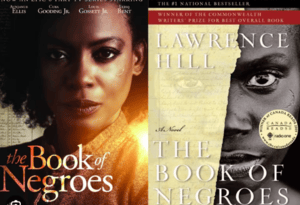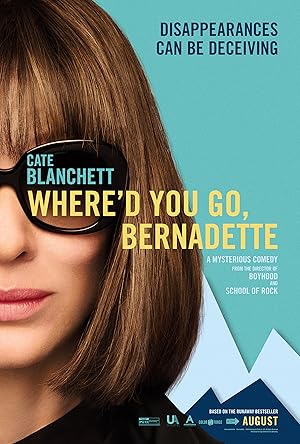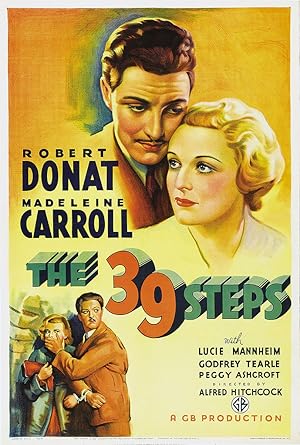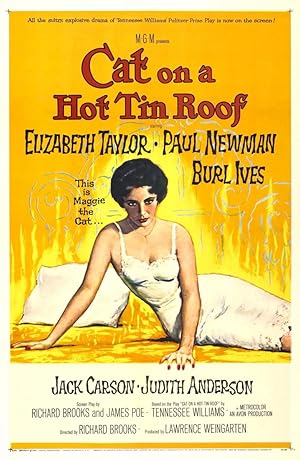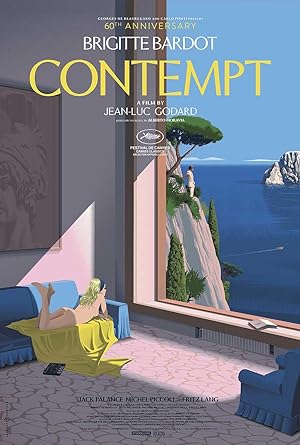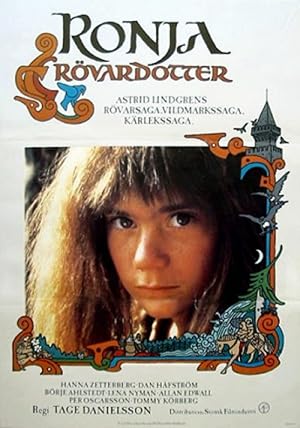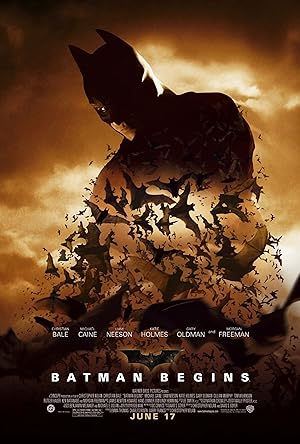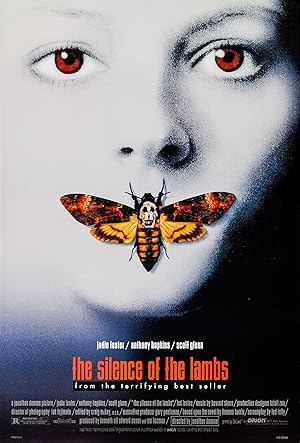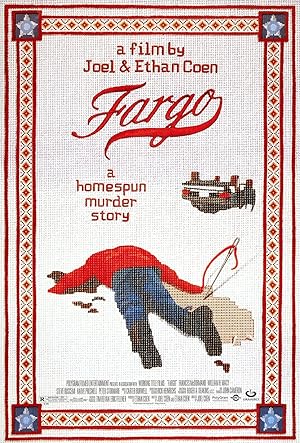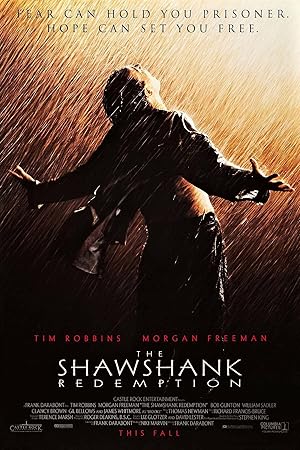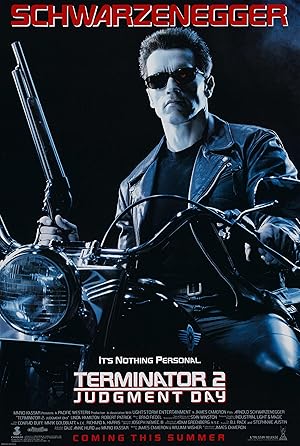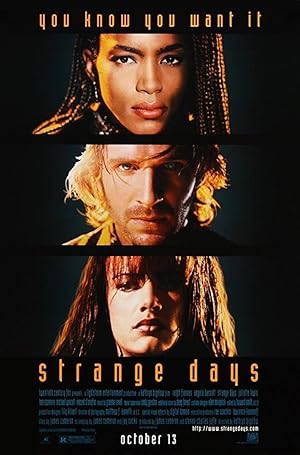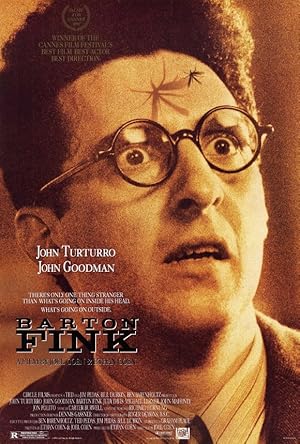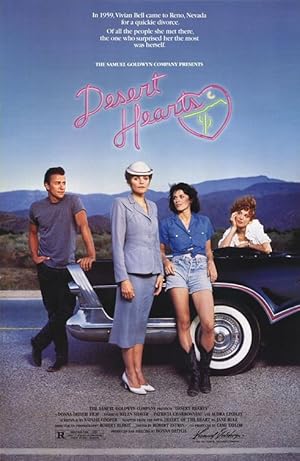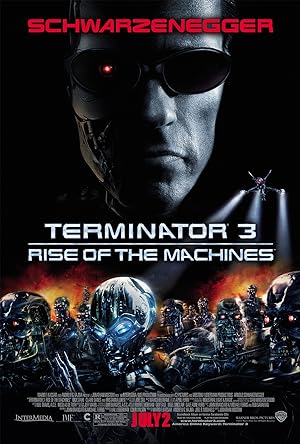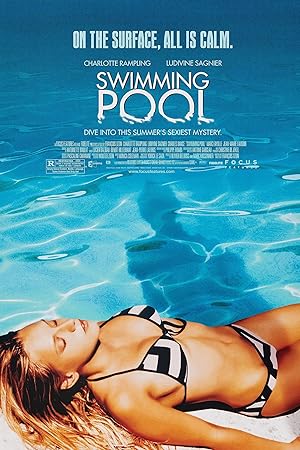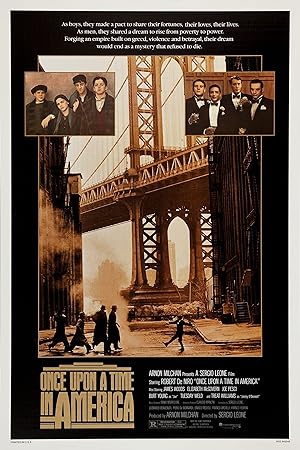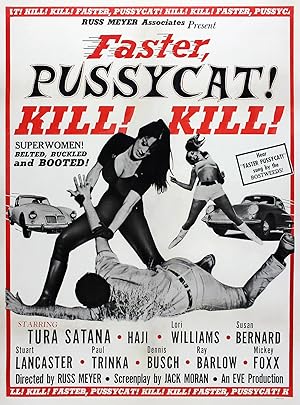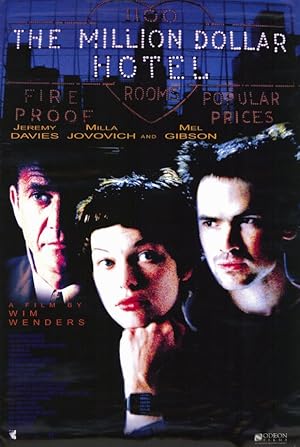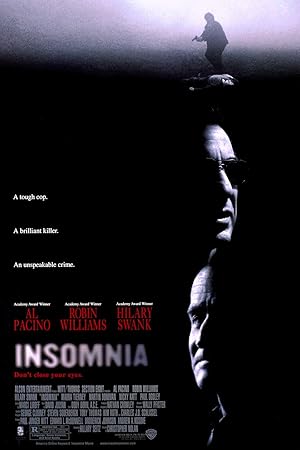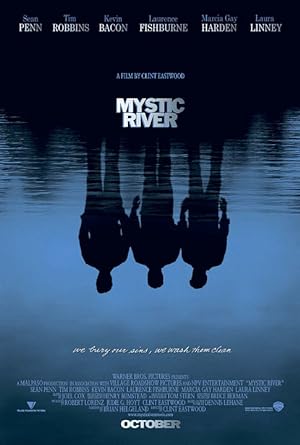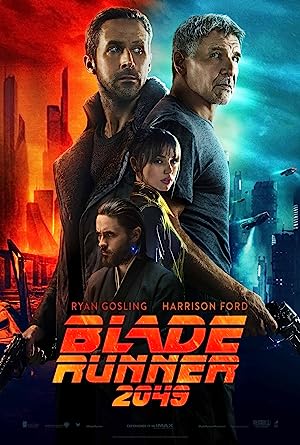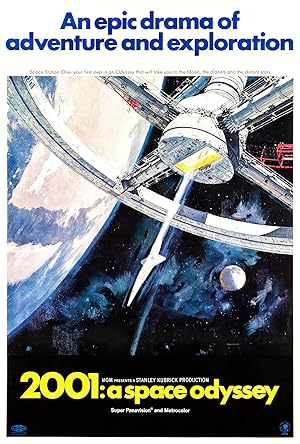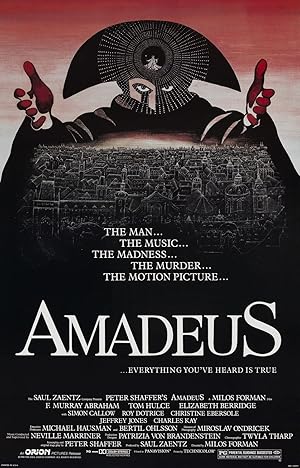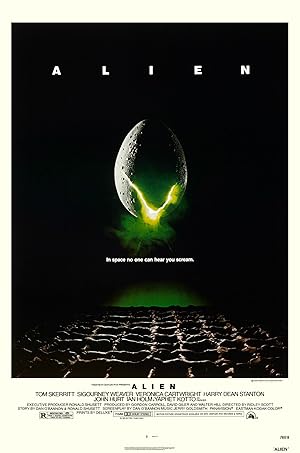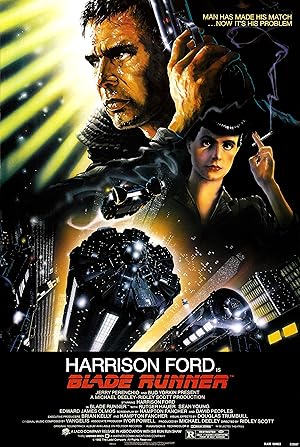
- HD 1080
- Runtime: 118m.
- Status: Released
10
- Languages: en
- Country: United States of America, Hong Kong, United Kingdom
- Director: Ridley Scott
- Stars: Harrison Ford, Rutger Hauer, Sean Young, Edward James Olmos, M. Emmet Walsh
- keywords: android, flying car, bounty hunter, artificial intelligence (a.i.), genetics, based on novel or book, dystopia, melancholy, futuristic, fugitive, cyberpunk, los angeles, california, alcoholic, tech noir, meditative, neo-noir, blade runner, 2010s, introspective
- Production_studio: Shaw Brothers, The Ladd Company, Warner Bros. Pictures
- Slogan: Man has made his match...now it's his problem.
- The Blade Runner is featured in the top rankings of 1982
- #8 in Top Drama Movies of 1982
- #1 in Top Thriller Movies of 1982
In the smog-choked dystopian Los Angeles of 2019, blade runner Rick Deckard is called out of retirement to terminate a quartet of replicants who have escaped to Earth seeking their creator for a way to extend their short life spans.
